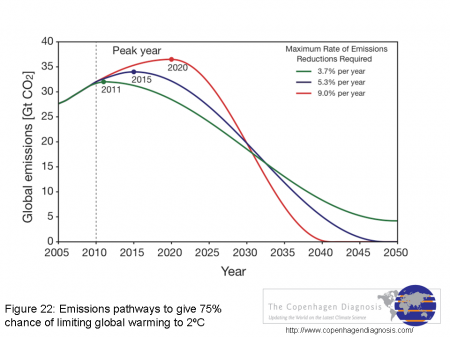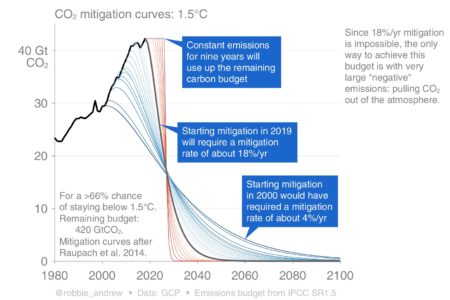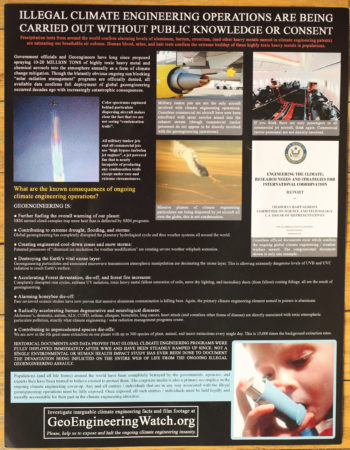With the Trudeau cabinet’s approval of the Trans Mountain extension everyone is talking abut hypocrisy: “The day before they passed a climate change emergency resolution and now they are approving a pipeline for the dirty tar sands: the hypocrisy!” The trouble is, arguments based on accusations of hypocrisy often don’t hold up logically. “Al Gore flies a lot, therefore we shouldn’t implement his recommended climate policies.” That example shows how absurd the logical argument is. Either a policy like a carbon tax is a good idea or not, and that has nothing at all to do with any of Al Gore’s choices. What the allegation lets us do is find a basis for seeing those we disagree with as morally inferior, and then dismissing them rather than engaging (with approval or with criticism) with one proposed course of action or another. By the same token, whether the pipeline approval happened after a climate declaration or a day of celebration for petroleum science doesn’t really affect whether it’s the right course of action. Emphasizing the link misleads instead of informing us.
Hypocrisy is also an unproductive rationale because it takes as given that the most morally important choices we make are our personal behaviours, and especially consumer choices. There’s a whole kingdom of profit-driven “ethical” retail which wants people to believe that the soap you buy and the food you choose to eat is the most important part of your political activity in the world. That’s not true when it comes to climate change: whether individuals engage in or disclaim consumerism will not change our energy systems at the societal level, where and how we produce raw materials, or what becomes of our waste. The only way to get our carbon dioxide catastrophe under control is through coordinated action at the political level. Personal behaviour is irrelevant, and yet the emphasis on hypocrisy makes it seem central.
This isn’t an argument that assertions of hypocrisy are never relevant to policy discussions, but a pair of cautions about their shortfalls. Hypocrisy accusations are more often a way to change the subject than a reasoned and informed response to an argument or proposal, and emphasizing them inflates the misplaced importance of consumer choice which liberal consumerist environmentalism is based on. Let’s discuss policies on their merits and avoid letting ourselves get distracted by the idiosyncratic features of those who propose them.
Previous discussions of how accusations of hypocrisy in response to climate change are misguided:




